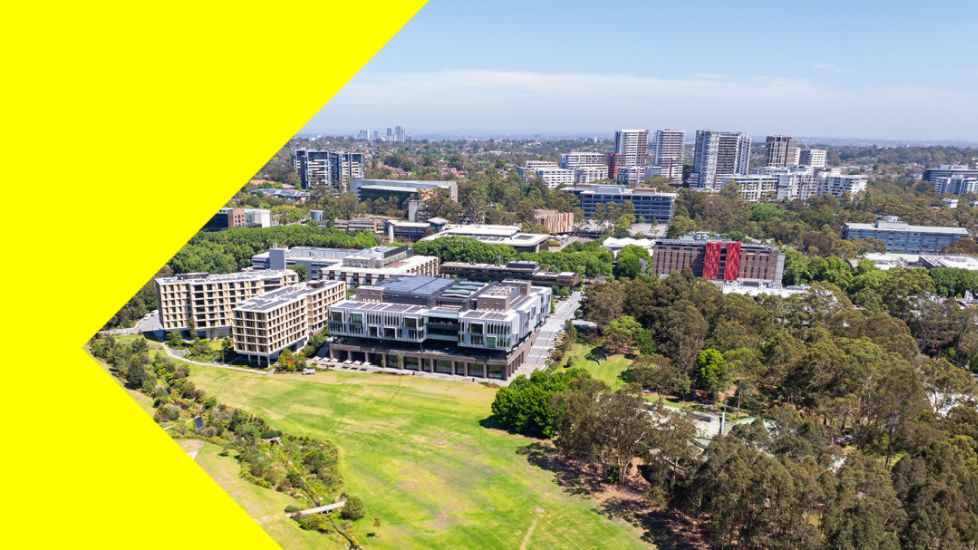More than 40 of Australia’s largest funds and investment managers surveyed confirmed anecdotal evidence that the trajectory for the GSS market is positive. The market has seen a huge amount of growth over the past few years and interestingly has not been negatively impacted by coronavirus. If anything, coronavirus has sharpened the focus for investors to support recovery efforts and contribute to positive societal impacts through their investment decisions.
44 per cent of respondents say the demand for GSS product will rise in the next year, while 73 per cent predict demand will increase over the next three years.
Momentum is being driven by members of superannuation funds and underlying investors who are increasingly demanding a greater focus on environmental, social and governance (ESG) issues and that extends to the requirement to have a greater exposure to fixed income bonds that are green, social and sustainable. Almost three quarters (71 per cent) of respondents say the biggest driver of the uptake of GSS issuance is investor demand.
Investors seek genuine commitment to GSS principles
Investors are looking for more than an issuance that is labelled green. More than half (60 per cent) are not just considering the credentials of the bond and the underlying assets but are equally interested in the overall performance and ESG commitments of the issuer.
Simply packaging assets into a green format in order to win market credentials will not satisfy investors. A consistent and genuine commitment to GSS and ESG principles needs to be infused across issuers’ behaviour.
ESG management will impact access to capital
Commitment to managing ESG risks is increasingly being tied to access to capital. The majority of respondents (82%) say within five years poor ESG performers will struggle to access capital without paying a significant premium.
Issuers that do not clearly disclose their environmental and social impacts and are not actively managing those risks across their business will attract a higher cost of funding or may ultimately be locked out of the market.
Paying a premium for impact
Price is increasingly a key variable in how the market is evolving. 39 per cent of investors say they’d be willing to pay a premium for a GSS bond – this represents a pure value assessment by investors that green paper holds better value, even in the current environment.
Just over a quarter say they would be happy to pay at least a 3bps premium. It’s expected that as more capital is directed to GSS issuances that will encourage CFOs and treasurers to think more about their asset portfolio and business activities and provide added incentive to issue in this format.
Sustainability-linked finance and two-way pricing
Sustainability-linked finance has been gathering momentum in the loan market, particularly in Europe. In Australia, five such loans have come to market in both bilateral and syndicated format and ranging from targeted environmental metrics to broader ESG scores that underpin the structure.
Ambitious environmental and social targets are established upfront which provide an incentive to the borrower or issuer to achieve certain outcomes against those metrics. If they meet those targets over an agreed period that can unlock a pricing benefit or a coupon either up or down depending on how it performs.
This is a new structure in the bond market and awareness is growing amongst issuers and investors. The world’s first bond of this type was brought to market last year by Italian utility group Enel. A single target was set relating to the percentage of renewable energy capacity available to Enel.
There’s still a level of uncertainty around this bond instrument among Australian investors. 33 per cent of those surveyed say they are prepared to buy a bond or loan product with a two-way margin adjustment if ambitious targets are set and it aligns with their ESG priorities.
Of those that responded yes, 27 per cent would accept a 3-5bps discount, 18 per cent a 6-8bps discount and 37 per cent a discount of more than 8bps.
Part of this interest is driven by the mandate for investors to support the transition of issuers and the economy to a low-carbon and more socially inclusive economy. Just over half of those surveyed say they would buy a bond financing an issuer’s transition from brown to green.
For others it’s a straight credit decision – if issuers are significantly improving their environmental performance that makes them a more viable, long-term lower-risk investment.
At CommBank we’ve spoken to a number of issuers who are very interested in this structure and aligning their corporate purpose to the ambitious targets they set themselves.
The positive power of capital
Institutional capital acknowledges it has a responsibility to support the Australian economy, particularly post-coronavirus, and accelerate the transition to a low-carbon future.
Capital has spoken with quite a loud voice either through individual engagement coming out of fund managers and asset owners, or through peak bodies like the Australian Council of Superannuation Investors and Responsible Investment Association of Australasia.




